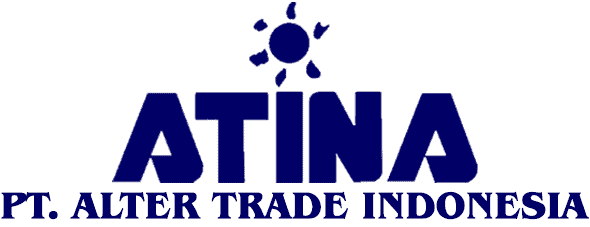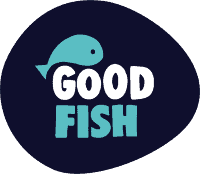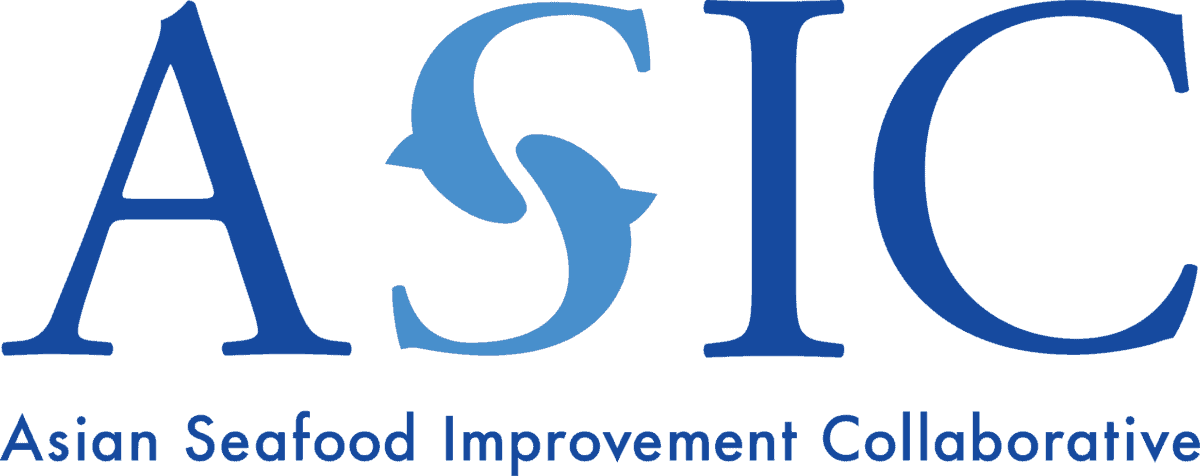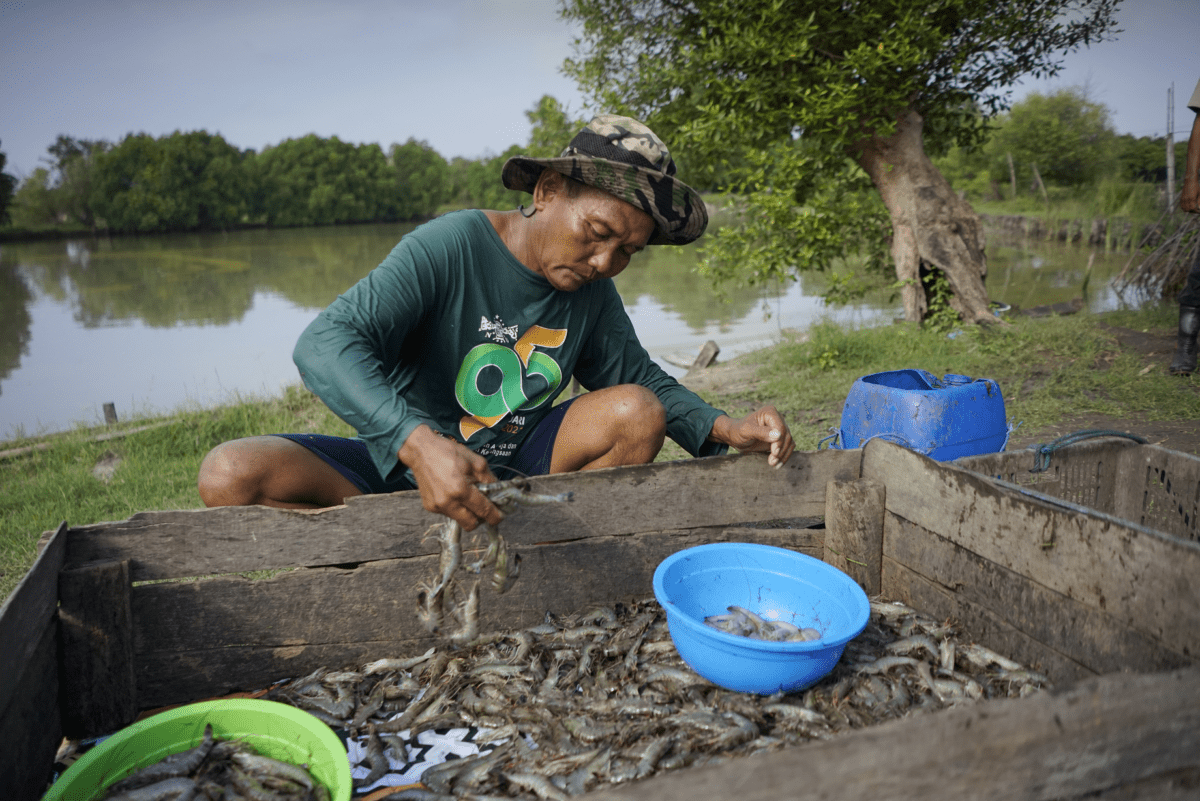Smallholder shrimp farmers
Pinrang & Sidoarjo, Indonesia
Small-holder and extensive shrimp farming in Indonesia
Tropical shrimp and tuna are the most popular seafood products on the European market. Despite its continued demand in the European market, the majority of the shrimp farmers in Southeast Asia are facing challenges in environmental waste management, climate change resilience and traceability. Aiming to create a sustainable shrimp supply chain, Fish Tales Foundation develops a project on ‘Creating a future-proof Indonesian shrimp supply chain’ together with Good Fish, PT. Atina, Fish Tales and the Asian Seafood Improvement Collaborative (ASIC) to provide support to farmers.
Since 2018, ASIC has worked together with these farmers towards improved practices with the Aquaculture Improvement Program and verification against ASIC Shrimp and Social Gender Standards. They provide trainings to farmers and have set up verification protocols to show that the farmers are meeting their sustainability and social standard and are fully transparent in the way they work.
The project aims to provide market access for smallholder shrimp farmers in Indonesia. These farmers use traditional methods to produce black tiger shrimp in extensive earthen pond systems. Thanks to their special and natural way of farming, they do not use any antibiotics or chemicals in the production process. They do not even need to feed the shrimp because natural feeds are grown in the pond. Moreover, all farmers are organized in farmers groups and work together to share knowledge and experiences. All farmers are connected to a set of coordinators who collects the shrimp harvest and brings it to the Atina processing facilities. Atina staff provides continuous support to the farmers through trainings and workshops both on environmental and social topics as well as farm management trainings.
The main intent of this project is to create a future proof supply chain for the black tiger shrimp produced by smallholders in two Indonesian regencies. We are collaboratively diving deeper into challenges faced by these farmers, their origin and possible solutions. One of the challenges identified during the project is the income generated from shrimp farming for the smallholders. Our study has shown that their income is not meeting the minimum living income of the area. This will therefore be a main point of attention for the continuation of our project. Another challenge facing the project is about ASC-certification of the farms. This is a minimum requirement for many retailers in the European market as well as for Fish Tales. We are continuing our collaboration and are searching for ways to improve the farmers income to the living wage standard and are exploring opportunities to work together towards ASC-certification and ASIC-verification for these smallholders.
“Shrimp produced by Asian smallholders through support of ASIC improvement programs and verification is a sustainable pathway to get the product on shelves. Working with Fish Tales in this project could unlock and enable other buyers in the Netherlands – as a great example that sourcing from smallholders is feasible and has a strong contribution to farmers livelihoods.”
– Trini Pratiwi, Asian Seafood Improvement Collaborative (ASIC)
Our partners






